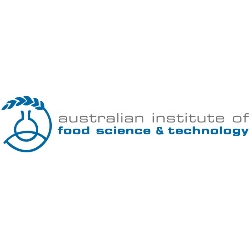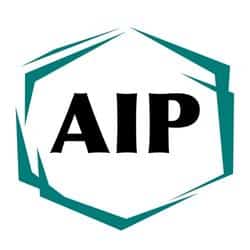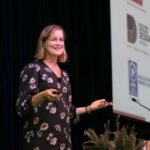We are witnessing changing dietary patterns, with increasing numbers of flexitarians, due to concerns over the environment, animal welfare and personal health and nutrition. In this session, the opportunities and challenges in growing Australia’s protein industries will be discussed.
Australia's food industry is well placed to develop novel, differentiated protein products that meet the requirements and changing dietary patterns of the modern health- and welfare-conscious consumer.
As global demand for protein grows, our sources of animal protein must diversify to keep up. Australia is well-placed to become an international powerhouse for an emerging industry that could transform the way we produce meat: cellular agriculture. Cellular agriculture is dedicated to producing meat, eggs, and dairy directly from animals’ cells, not whole animals. It can reduce the impact of food production on our environment, health, and animal welfare, whilst meeting growing consumer demands for sustainable proteins.
Precision fermentation uses the same fundamental principles of fermentation that has long and safe history in supplementing and diversifying our foods. Precision fermentation offers alternatives to complement traditional agricultural production through new products produced with fewer resources. Precision fermentation involves using synthetic biology techniques to engineer single-celled organisms to produce proteins that can be made into food products, in much the same way yeast has been used to produce beer and wine (Lv et al, 2021).
Attendees will have the opportunity to interact with speakers in a panel session Q & A following the presentations.
• 10:30 - 10:35: Welcome and introduction to session - Session Chair - Heather Smyth, UQ
• 10:35 - 11.05: Protein alternatives - Michelle Colgrave, CSIRO
• 11.05 – 12.05
Precision fermentation - Rob Speight, QUT
Fermentation - Andrew Forrest, DAF
Plant-protein meat analogues: do they pass the taste test? - Heather Smyth, UQ
Cell Cultured Meat - KC Carswell, KC Carswell - Consulting
• 12.05 – 12.30: Panel Q & A

































